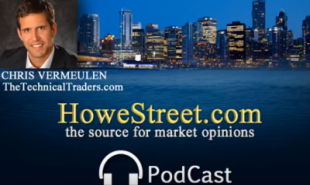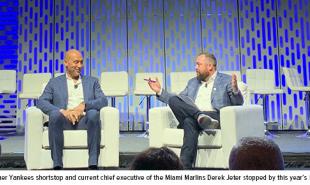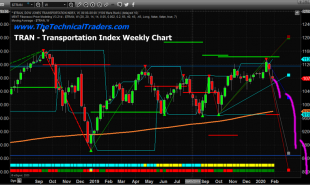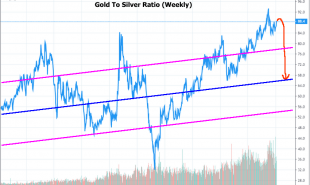
The assumption that President-elect Donald Trump’s policies will spur inflation – dubbed Trumpflation by some – through infrastructure spending and increase wages doesn’t “square” with the details of his proposals, this according to famed economist Martin Feldstein.
“Anyone who listened to his speeches or read his campaign material should have noted that he was not proposing that the federal government should carry out the infrastructure investment. He was not calling for a Keynesian fiscal stimulus based on deficit spending,” noted Feldstein in his latest Project Syndicate column Monday.
“Instead, Trump’s campaign called for a ‘deficit-neutral system of infrastructure tax credits’ to provide incentives for private businesses to undertake projects to build roads, bridges, tunnels, airports, and so forth.”
However, Feldstein noted that there is no guarantee business will respond to such tax credits.
“[H]ow will businesses earn any revenue from owning roads, bridges, and tunnels?” he questioned. “And even when there are revenues to be earned, as there could be from airports, businesses might be deterred by the need to rely on long-term pricing agreements.”
According to the Harvard professor, it is easy to “fall into the trap” of thinking tax cuts will boost aggregate demand. But, there really is no reason to see an increase in aggregate demand right now, he continued.
“The economy has essentially reached full employment, with the unemployment rate at 4.9% in October. The tight labor market caused the core consumer price index (which excludes food and energy) to rise 2.2% over the past year, up from 1.9% a year earlier. And production workers’ wages rose 2.4%, faster than prices,” he said.
“The Federal Reserve can begin the process of raising interest rates in December without any need for an offsetting fiscal boost to demand.”
Read more by Wall St. Whisperer







